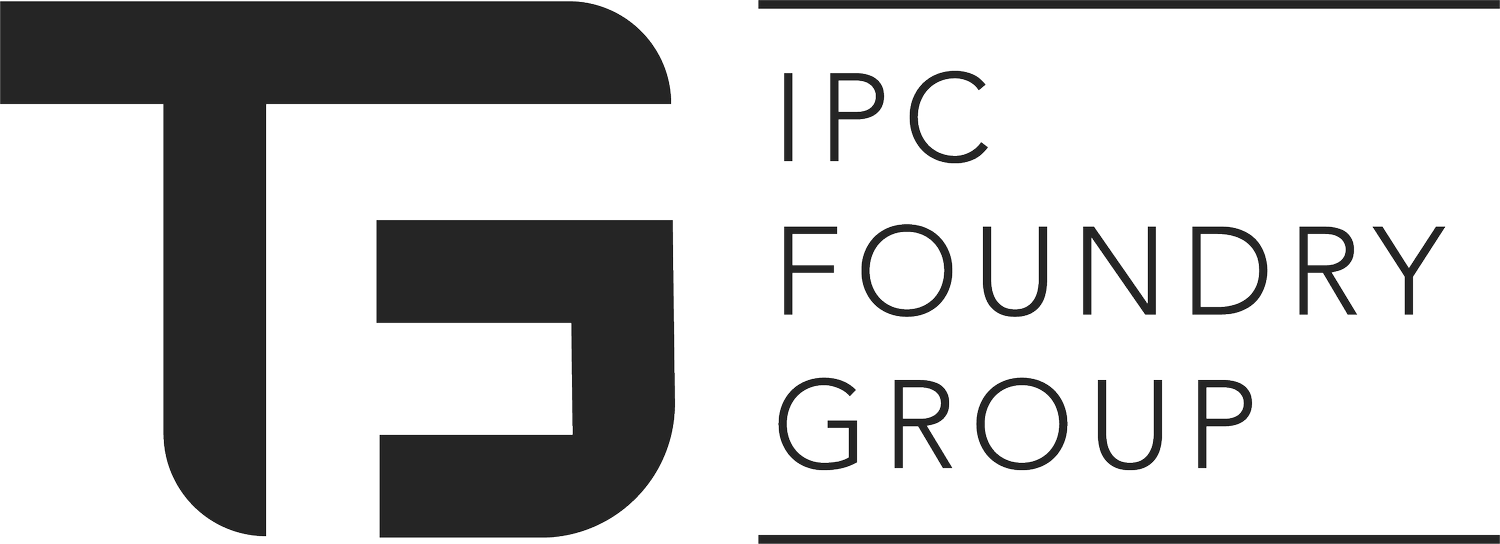What Materials are used in Precision Casting?
Learn about precision casting and the materials and alloys available for your metalworking projects.
Hundreds of ferrous and non-ferrous alloys can be used in precision casting.
About Precision Casting
Precision casting (AKA investment casting or lost-wax casting) is a metalworking technique that uses wax patterns to create repeatable molds for pouring metal components. These molds are a 1:1 scale model of the metal part, allowing for very tight tolerances ( +/- 10 thousandths inch per inch). You can view our tolerance table here
Precision casting is all about repeatability, allowing companies to produce hundreds or even thousands of metal parts with little to no finishing work necessary. This saves would-be customers time and money when making parts in bulk over other metalworking techniques like machining or sand casting. Learn more about the casting process here.
What Metals and Alloys Can I Cast?
Hundreds of ferrous and non-ferrous alloys can be poured via precision casting. Some examples of materials are:
Low Carbon Steels: 1020 steel, 4320 steel, etc.
Medium Carbon Steels: 1050 steel, 4140 steel, etc.
Stainless Steel: 316 stainless, 304 stainless, 17-4 PH Stainless, etc.
Tool Steels: A2, 02, S7
Cast Iron: Gray, Ductile, and White
Nickel-base Alloys: Superalloys like Inconel and Monel
Cobalt-base Alloys: Superalloys like Alloy 6
Copper Alloys: Silicon Bronze and Aluminum Bronze
Titanium: such as 6AL-4V
Aluminum: such as A356
With such a wide variety of air-melt and vacuum-melt alloys available, precision casting is used by companies spanning hundreds of industries, including defense, aerospace, solar, nuclear power, automotive, outdoor, mining, medical, agriculture, petrochemical, marine, oil and gas, transportation, infrastructure, and many many more.
Check out our materials page to learn about our material options and our commonly poured alloys.
Additional Advantages of Precision Casting:
When it comes to precision casting, you have a nearly limitless material selection, but the perks don't stop there; here are just a few additional benefits of opting for this metalworking method.
1) Complex Part Shapes and Design Flexibility
Using wax injection molding allows modern investment casting foundries to create metal parts with unique shapes and complex geometries. Precision casting offers exceptional design opportunities and flexibility for nearly any application, from thin walls, internal cavities, and spirals to cast-in logos and patterns.
2) Bulk Production, Repeatability, and Cost Savings in Bulk
Perhaps its best-known perk, precision casting is the go-to method for bulk production of metal parts. After initial tooling costs, cost-per-part is reduced dramatically over comparative metalworking methods like machining or sand casting, as foundry staff can prepare wax models essentially indefinitely. Furthermore, trained staff will prepare optimized trees/gates of parts, allowing multiple components to be cast in a single operation.
3) Low Material Waste
Controlled metal pouring and utilizing gates/trees in part clusters mitigates most material waste, reducing costs and your production footprint. Furthermore, nearly 100% of wax used in pattern production is recycled or repurposed in future production runs.
4) Excellent Surface Finish
The name precision casting isn't just fluff; it speaks to the exceptional surface finishes and tight tolerances this method can achieve.
5) Fewer Secondary/Finishing Operation Requirements
Investment casting requires far fewer secondary finishing operations than metalworking techniques like sand casting. For many applications, parts may be market-ready right after gate removal.
6) Easily Applied Value Additions
Whether your part requires heat treating, stress testing, painting, stamping, or other finishing work, precision casting allows for the easy application of these additions following the casting process.
Precision Casting Materials
Perfect for Your Business
Have questions about our alloys or need help selecting a material? IPC has a dedicated team of engineers and material experts to help you pick the perfect fit for your project. Contact us today!

